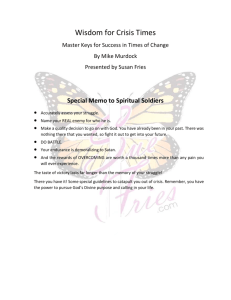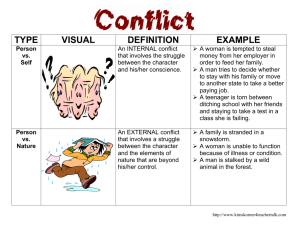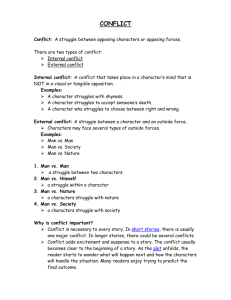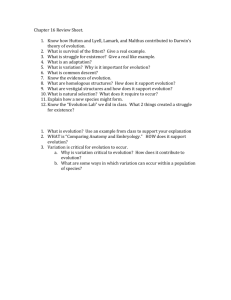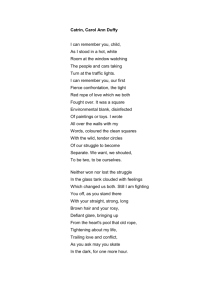Assessing your readiness for AP Statistics
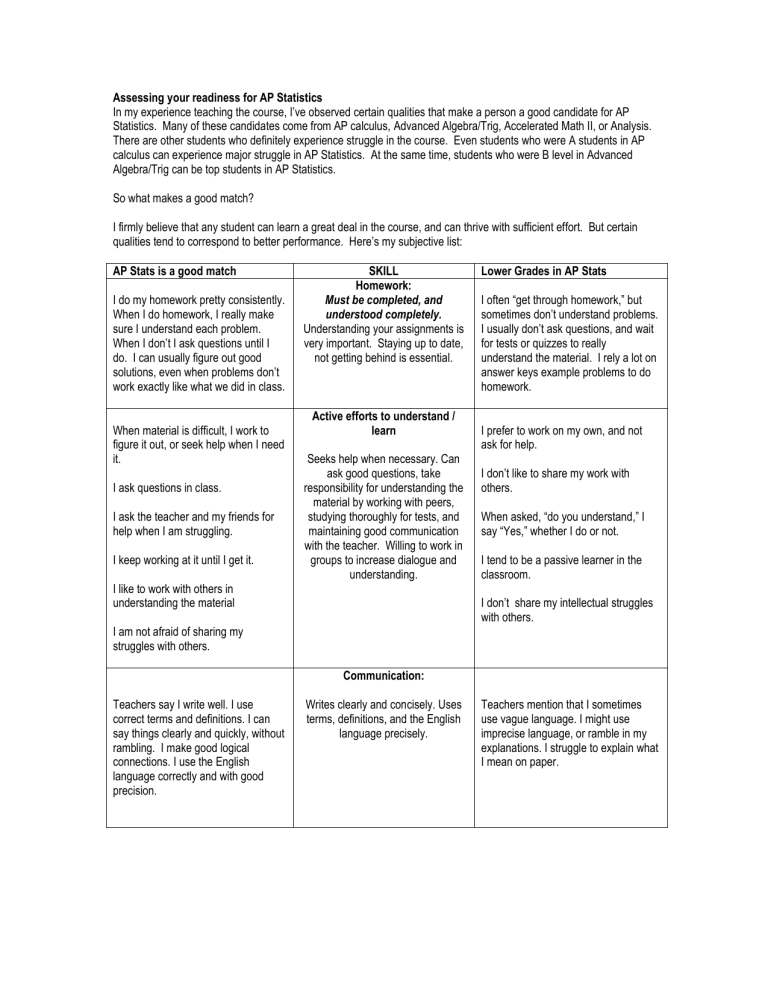
Assessing your readiness for AP Statistics
In my experience teaching the course, I’ve observed certain qualities that make a person a good candidate for AP
Statistics. Many of these candidates come from AP calculus, Advanced Algebra/Trig, Accelerated Math II, or Analysis.
There are other students who definitely experience struggle in the course. Even students who were A students in AP calculus can experience major struggle in AP Statistics. At the same time, students who were B level in Advanced
Algebra/Trig can be top students in AP Statistics.
So what makes a good match?
I firmly believe that any student can learn a great deal in the course, and can thrive with sufficient effort. But certain qualities tend to correspond to better performance. Here’s my subjective list:
AP Stats is a good match
I do my homework pretty consistently.
SKILL
Homework:
Must be completed, and
Lower Grades in AP Stats
I often “get through homework,” but
When I do homework, I really make sure I understand each problem.
When I don’t I ask questions until I do. I can usually figure out good solutions, even when problems don’t work exactly like what we did in class.
When material is difficult, I work to figure it out, or seek help when I need it.
I ask questions in class.
I ask the teacher and my friends for help when I am struggling.
I keep working at it until I get it.
I like to work with others in understanding the material
I am not afraid of sharing my struggles with others.
Teachers say I write well. I use correct terms and definitions. I can say things clearly and quickly, without rambling. I make good logical connections. I use the English language correctly and with good precision. understood completely.
Understanding your assignments is very important. Staying up to date, not getting behind is essential.
Active efforts to understand / learn
Seeks help when necessary. Can ask good questions, take responsibility for understanding the material by working with peers, studying thoroughly for tests, and maintaining good communication with the teacher. Willing to work in groups to increase dialogue and understanding.
Communication:
Writes clearly and concisely. Uses terms, definitions, and the English language precisely. sometimes don’t understand problems.
I usually don’t ask questions, and wait for tests or quizzes to really understand the material. I rely a lot on answer keys example problems to do homework.
I prefer to work on my own, and not ask for help.
I don’t like to share my work with others.
When asked, “do you understand,” I say “Yes,” whether I do or not.
I tend to be a passive learner in the classroom.
I don’t share my intellectual struggles with others.
Teachers mention that I sometimes use vague language. I might use imprecise language, or ramble in my explanations. I struggle to explain what
I mean on paper.
I do a good job making logical arguments. I can present good evidence to support my claims in an
English paper by taking good evidence from the text. My teacher usually understands my arguments, and says that I use good evidence.
I will not miss class for games , performances, college visits, or other extracurricular events
Making Logical Connections:
When making a conclusion or claim, student can support claim with evidence. When reading an explanation, they can determine the author’s position, and point to the evidence the author uses to make their claim.
Teachers have mentioned that my claims need more support. I have a hard time connecting events in a text to a position or claim. My teachers struggle to understand my arguments.
They ask for more evidence.
Extracurricular involvement
Students with lots of commitments to sports, student council, or the performing arts need to make sure that they don’t miss class.
I will occasionally need to leave early for games, events, or outside commitments.
Students coming from:
Advanced Algebra/Trig or Acc. Math II:
A/A-/B+ level: AP Stats is likely to be a good match for you. Expect more work integrating mathematics with clear verbal communication / reasoning.
B/B- level: could potentially be a good match. Students who have weaker work habits can expect to have a tough time (B- or below). Students who struggle communicating well in English / History may also have trouble (B- or below).
C+ level or below: Rarely a good match.
Calculus (or Math analysis / Precalc honors):
These students tend to do very well in AP Statistics, provided they complete assignments thoughtfully and regularly.
However, these students also learn a great deal about writing carefully and correctly. Because these skills are emphasized more in AP Statistics than in previous courses, some students experience an initial struggle, but usually rise to the challenge.
AP Statistics is NOT a good match if:
You don’t advocate for yourself when material is challenging.
You struggle to explain your reasoning and work with good precision and clarity.
You don’t have excellent homework habits and consistent effort/attendance/enthusiasm.
You will miss class days.
You don’t do homework thoroughly or regularly.
You don’t like to participate actively in the classroom.
You have difficulty solving problems that are different from ones learned in class.
You don’t ask questions or seek help when struggling
You don’t communicate with precision and clarity
You don’t read complex passages with care and precision.
You depend on the teacher to tell me how to do the problems.

